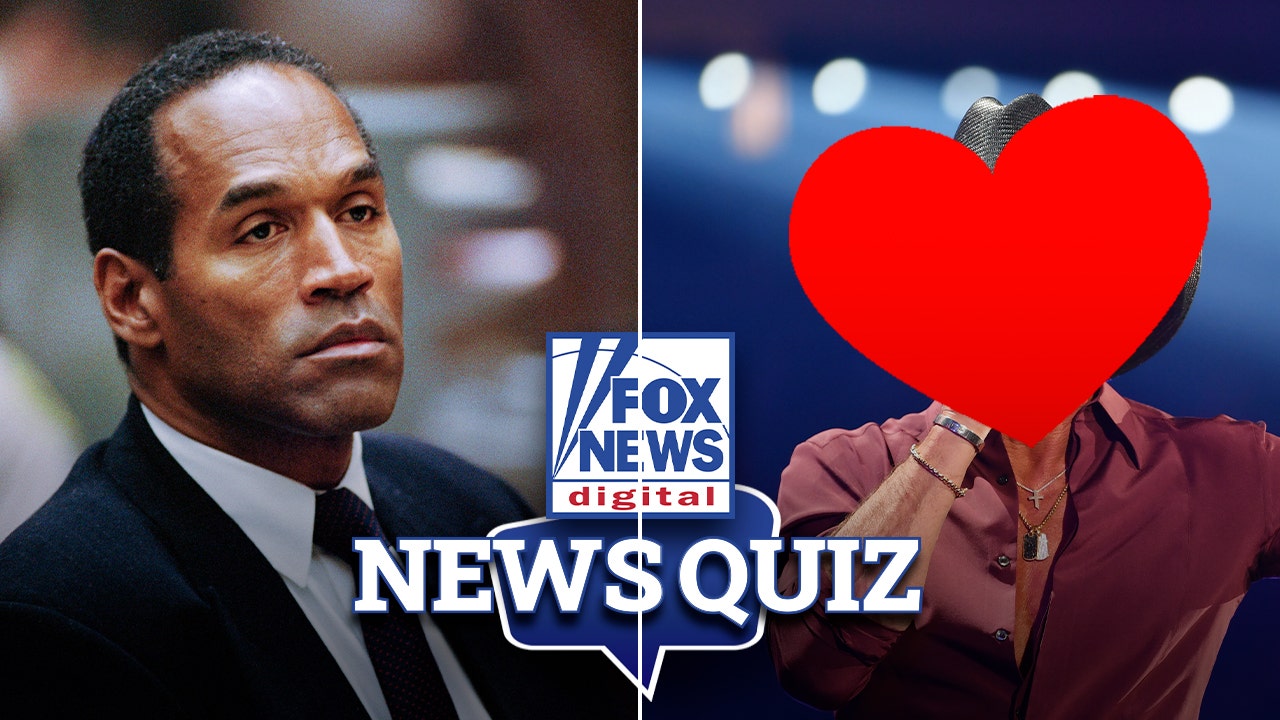“Mid” is an obvious example. As a term, I don’t think it even qualifies as teenage slang anymore — it’s too useful and, by now, too widespread. In my son’s usage, things that are “mid” are things that are essentially average or slightly below. You can’t really complain about them but they produce no joy. They’re often the result of the refinement of market research to the exact level where tepid consumer acceptance is achieved. Everything in Starbucks falls into the category of “mid.” So does everything in an airport. It’s a brilliant, precise word for a world full of mild disappointments, where the corner bakery that used to do some things well and other things poorly has been reliably replaced by yet another Le Pain Quotidien.
“Glazed” has a similarly impressive precision. When my son describes something as “glazed,” it’s meant to signify not lying, exactly, or even exaggerating, but the act of positively spinning a judgment. “Glazed” indicates a gilding of information; sports commentary, for example, is 90 percent glaze. When Stephen A. Smith, the quintessential glazer, likens Anthony Edwards to Michael Jordan, a proper response might be “The Ant glazing is crazy.” But glaze is also the perfect description of the way social media works: The world you encounter online is perpetually glazed, with everything taking on an artificially positive, unreal and not entirely trustworthy gloss.
There are other revealing terms I’ve learned from my son: “Sus,” short for suspicious or suspect, suggests a world that’s dubious enough that you need a diminutive to describe it. “Cringe” is the perfect catchall for that jarring brand of performative sincerity that’s so common online. Young people need diminutives to describe these realities; they’ve become so commonplace.
But my favorite new slang word is “based” — short for “based in fact” or “based in reality” and often used as a term of assent when someone states a controversial opinion. “Canada should join the United States,” one might say, to which someone else might reply, “Based.” It’s typically used for political subjects but it can have a wider social utility: “Luka Doncic should be the M.V.P. of the N.B.A.” “Based.”
Based can have a more malevolent connotation in certain alt-right circles, where being based alludes to allegiance to a contrarian viewpoint. But to my ear “based” is a perfect word, a necessary word, to describe the informational chaos we inhabit. The fact that being based in reality now qualifies as a compliment is evidence that kids like my son have come of age in a climate where misinformation, hype and fraud are so endemic that exceptions are notable. For them, to encounter something based in reality is rare enough to deserve its own distinct shorthand.






